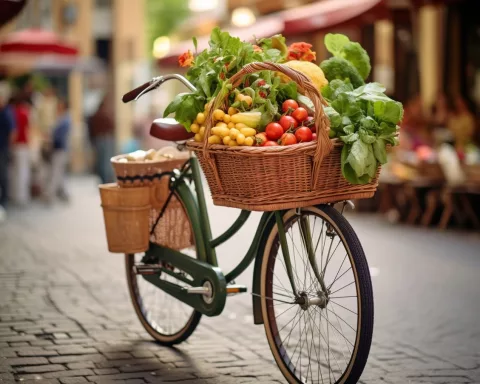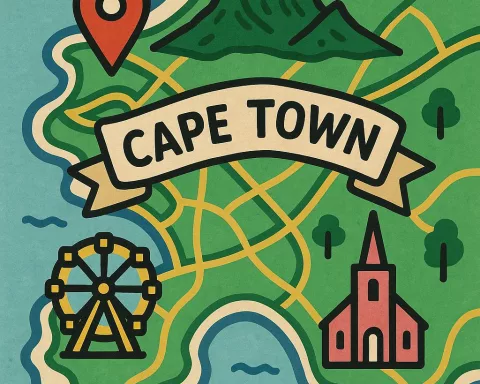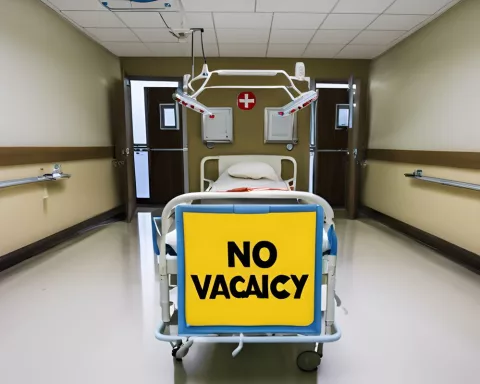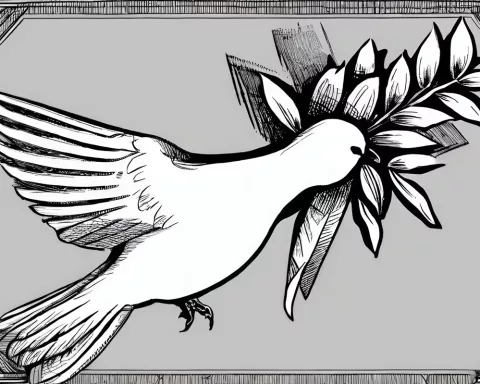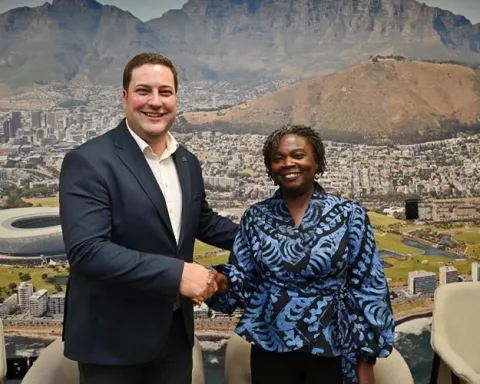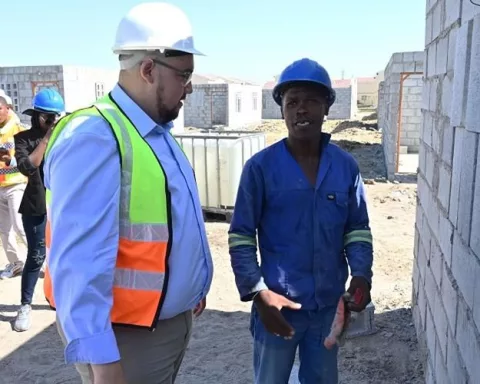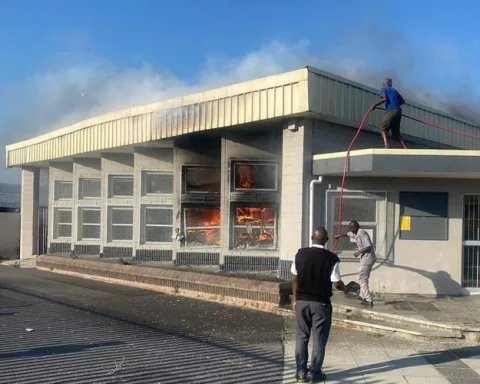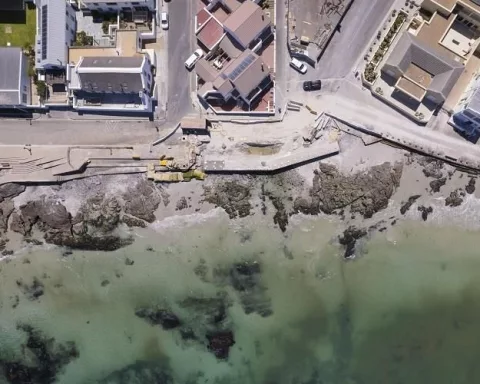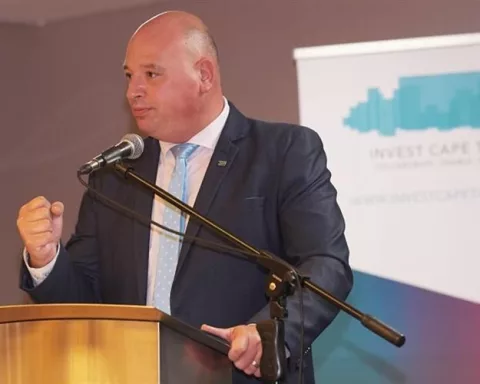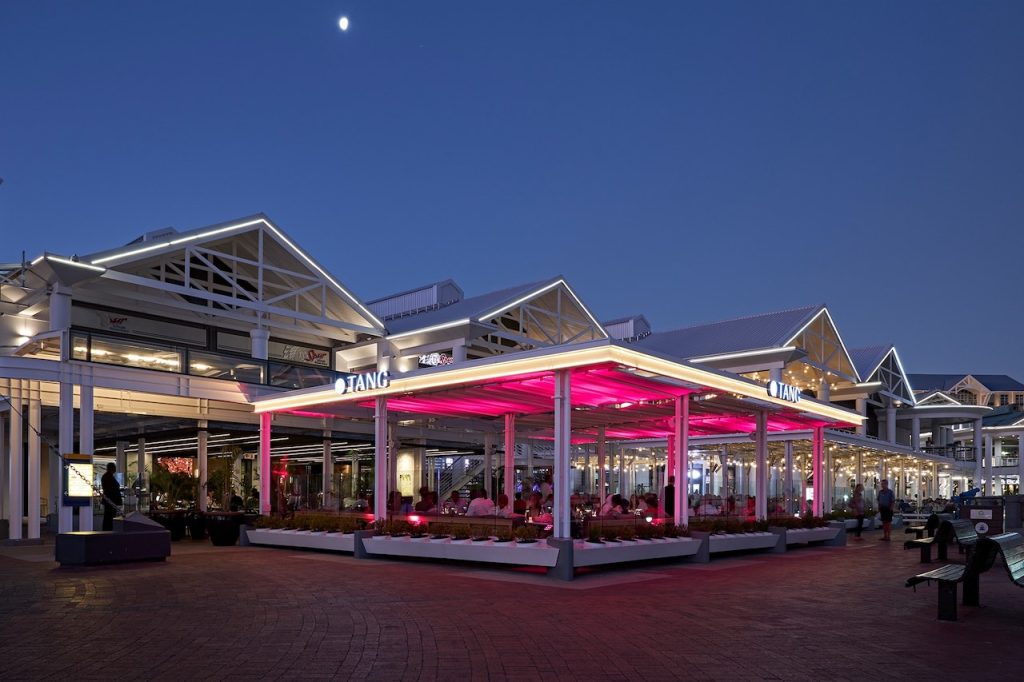Cape Town News
RG Snyman, the towering Springbok player, is set to make his comeback to rugby following chest and shoulder injuries. Munster’s head coach, Graham Rowntree, has praised Snyman’s professionalism and dedication and reports that he has returned to full contact training, potentially enabling him to feature earlier than the March 1st game against Zebre. Snyman’s return is highly anticipated by fans and pundits alike, following his instrumental role in the Springboks’ victorious 2023 Rugby World Cup final against the All Blacks in Paris.
Cape Town’s health sector is in crisis due to a freeze on hiring essential medical personnel, leading to staffing challenges and difficulties in filling shift rosters. This is impacting patient care and waiting times in leading hospitals, which are struggling with vacancies across all departments. Financial distress compounds these staffing woes, with budget cuts leading to fears of a permanent reduction in medical posts and potential cataclysmic effects on the provinces. There are growing concerns about the uncertainty surrounding the duration of the hiring freezes and the possibility of a permanent reduction in medical posts. A sustainable solution is urgently needed to prevent further degradation of an already weakened health system.
Cape Verde’s coach, Pedro ‘Bubista’ Brito, draws inspiration from Nelson Mandela’s philosophy of justice and equality as his team, the Blue Sharks, prepares for a crucial Africa Cup of Nations quarterfinal match against South Africa. Despite injury issues, Bubista aims to surpass their previous record of reaching the quarterfinals and strive for the semifinals, embodying Mandela’s values of equality, resilience, and unity. The match is anticipated to be a captivating display of fierce competition, with both teams aiming for victory.
Jacques Nienaber led the Springboks to their second World Cup victory and set records during his tenure as head coach. He focused on inspiring players as human beings and his personal connections with the team will continue to motivate them even after his departure. Kolisi expressed his profound respect and admiration for Nienaber, underscoring the significant impact the coach had on the team. Nienaber’s influence will continue to motivate the team as they strive for further victories, upholding the spirit of resilience, unity, and excellence that he nurtured during his tenure.
South Africa mourns the loss of Ms. Peggy Hollander, the former Deputy Chairperson of the National Council of Provinces (NCOP) and a prominent figure in the country’s political landscape. Her legacy endures as a guiding beacon for the nation’s democratic journey. Ms. Hollander’s political journey began during the transition years in the Northern Cape, and she served in various political capacities, leaving her imprint in Parliament through her association with several committees. Her dedication to service, commitment, and the quest for gender equality in the legislative sphere stand as a lasting tribute to her life and career.
Cameron Saaiman is a rising star in the Ultimate Fighting Championship (UFC), set to faceoff with Payton Talbott in UFC Fight Night. His journey into MMA began by chance, as a spectator at Extreme Fighting Championship events held by his father’s project management team. Despite experiencing his first professional loss, Saaiman’s passion for the sport has never wavered, and he continues to prove himself with each step. With the support of UFC President Dana White, Saaiman is determined to succeed and rise to the challenge in the Octagon.
Kaizer Chiefs, a South African football club, is shifting its strategy for the upcoming season by targeting new forwards to replace disappointing performances from Ranga Chivaviro and Jasond Gonzales. The club is reportedly interested in Khanyisa Mayo, Iqraam Rayners, and Keletso Makgalwa. Fans are eagerly awaiting the transfer window to see if the Chiefs will secure any of these potential recruits.
Get ready for a celebration of music like no other! The 66th Annual Grammy Awards is happening on February 4th in Los Angeles and it’s all about highlighting the incredible talent and diversity of women in the music industry. With amazing artists like SZA, Taylor Swift, and Billie Eilish leading the nominations, this year’s ceremony promises to be a true celebration of musical excellence. So get ready to sing, dance, and be inspired by the power of music!
Lewis Hamilton, a seventime Formula One World Champion, surprised everyone with his announcement of a switch to Ferrari for the coming year. Ferrari confirmed the multiyear deal, and Hamilton believes it will help him in his chase for an eighth title. The move caused a stir in the Formula One world, and Hamilton expressed his gratitude to his Mercedes family while looking forward to a new challenge with Ferrari.
Cape Town’s innovative energy initiatives have gained global recognition, including a recent visit by the World Bank’s Vice President for Eastern and Southern Africa to the Steenbras Hydro Pumped Storage Scheme. With plans to boost loadshedding protection and substantial infrastructure investment, the city is setting out on a tenyear journey to create the “City of Hope”. The city’s power supply diversification initiatives include LPUs curtailment, Embedded IPP renewable energy, and a Dispatchable IPP Programme, among others. The World Bank has extended invaluable support to Cape Town, providing pinpointed technical assistance to several departments, including Energy, Future Planning and Resilience, and Water and Sanitation.
Kraaifontein’s Maroela South lowcost housing project is making progress towards providing sustainable and affordable housing for its population. The project includes 395 governmentfunded dwelling places and an additional 175 Gap housing units. The initiative not only provides a roof overhead but also promotes community ties, individual and family health, enhances educational opportunities, and ensures easy access to places of employment and economic activity. The Maroela South project is one of many projects undertaken by the Human Settlements Directorate, showing the City’s commitment to housing for everyone.
The Khayelitsha Library in Cape Town experienced a devastating fire in its server room, causing temporary closure and disruption to its programs for the community. However, the spirit of unity and collective responsibility in the community helped to contain the fire and prevent any injuries. The library staff have organized outreach programs to continue serving the community while the building is under restoration, and patrons are urged to use other accessible libraries. Despite this setback, the library stands defiantly, a symbol of resilience and unwavering commitment to keep the beacon of knowledge illuminated.
A daring heist on the Golden Highway in Johannesburg saw armed robbers intercepting a cash van and using explosives to steal an undisclosed sum of money, a rifle, and two pistols from the guards. The culprits fled the scene in a blue Audi and a white Toyota Hilux, prompting a largescale manhunt by the Gauteng police who are urging the public to come forward with any information. The incident highlights the need for enhanced security measures and more robust law enforcement to counter the rising trend of cashintransit heists in South Africa.
February in Cape Town is a month of vibrant energy and enthusiasm, with over 21 events celebrating the city’s diverse cultural, athletic, artistic, and business landscape. From the Cape Town 10s to the Seafood & Jazz Festival, each event offers a unique experience and adds a different color to the city’s rich tapestry. The festival promises to attract over 100,000 individuals, benefiting local businesses and offering an opportunity to showcase Cape Town as a prime venue for events and tourism.
The Small Bay sea wall project in Bloubergstrand is an impressive initiative by Cape Town’s Coastal Management Branch to protect critical services and public infrastructures from wave overtopping and floodwaters. The project involves restoring nearby roads and sewer systems, with an expected completion date of September 2024. Though the project may cause some disruption, it is an emblem of progress blending inventive coastal engineering with mindful community engagement.
The backlog in South Africa’s visa system is hindering economic growth and job creation, and President Cyril Ramaphosa must focus on revamping the system to streamline and simplify the process. This could empower companies and industry players to enhance skills development and elevate employment prospects throughout the country. In addition to visa reform, improvements at the Port of Cape Town and duty reductions in the clothing industry are also important to stimulate economic growth and job creation. Overall, decisive action, a clear vision, and a steadfast commitment to future growth are necessary for South Africa to reach its true potential.

